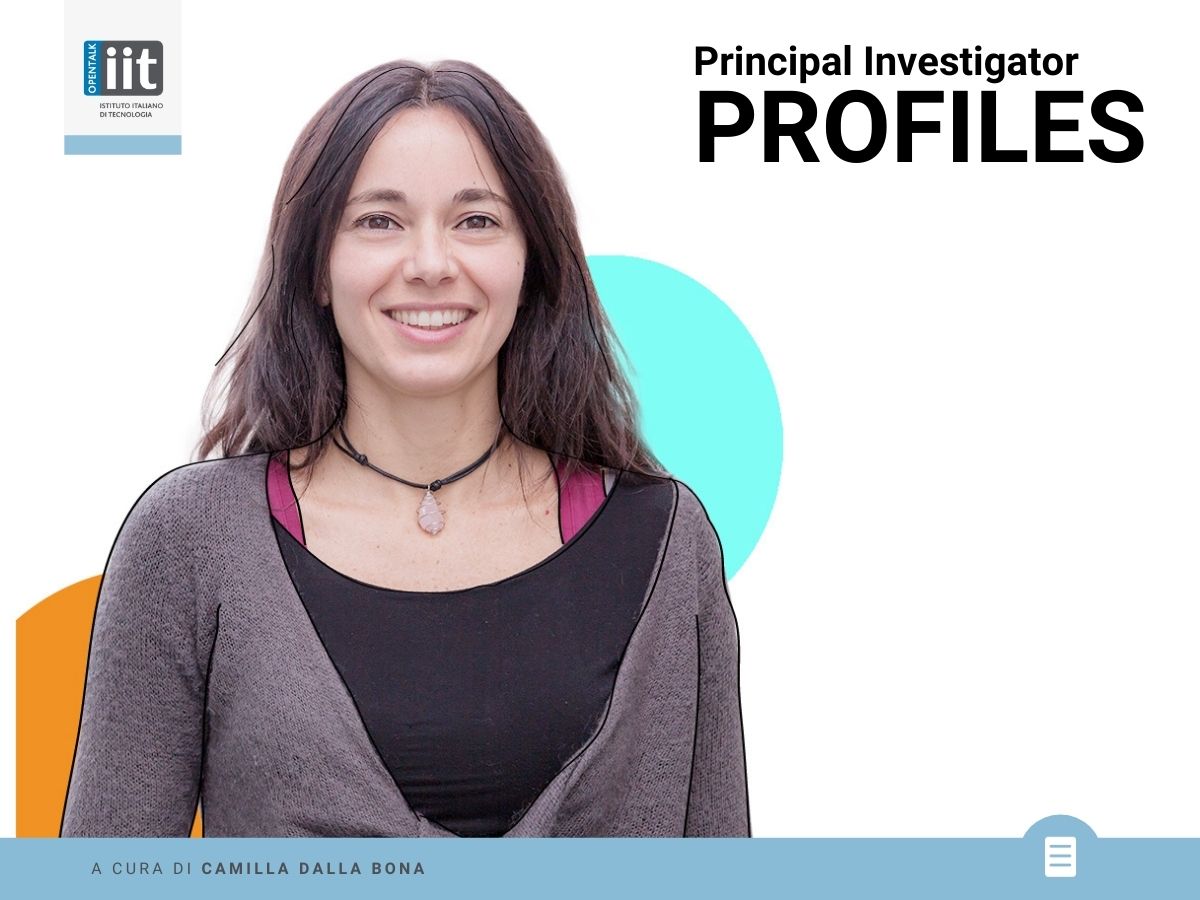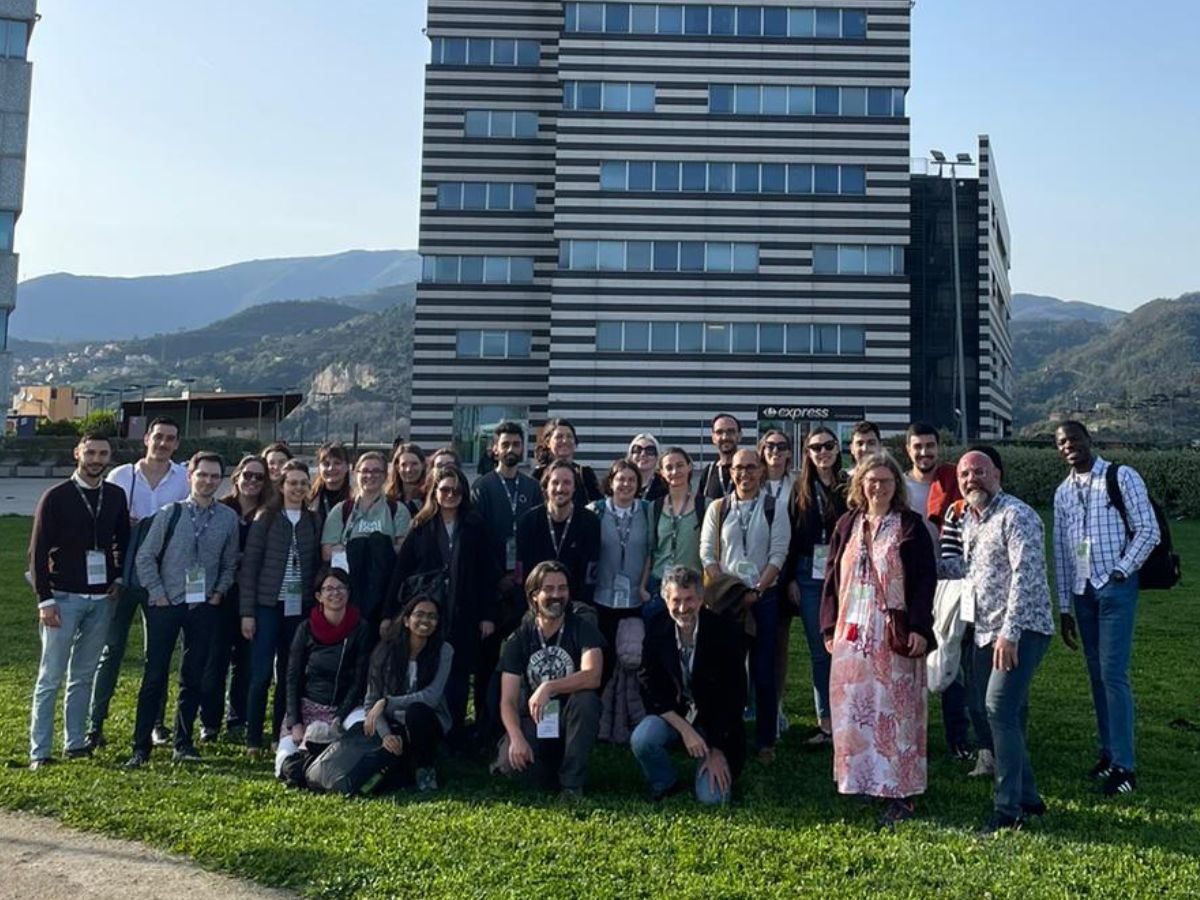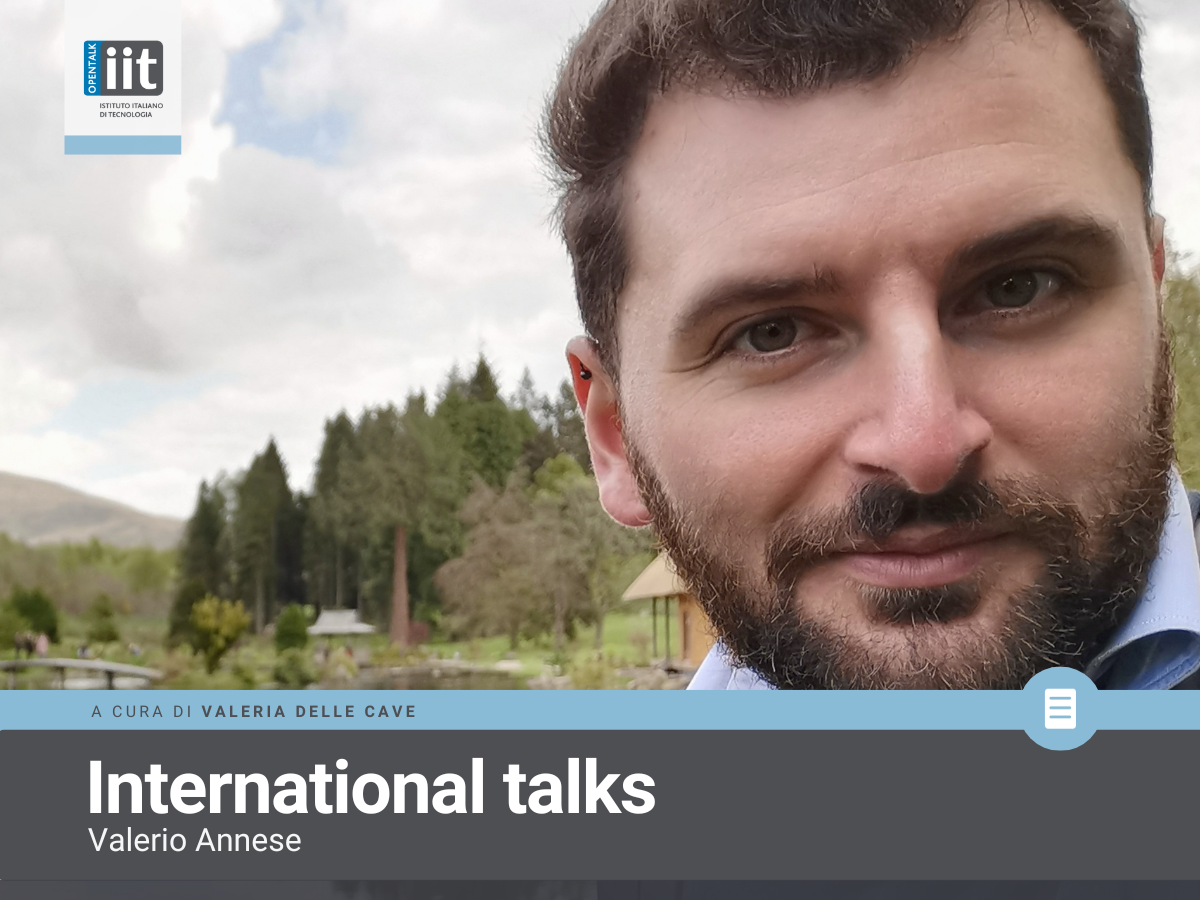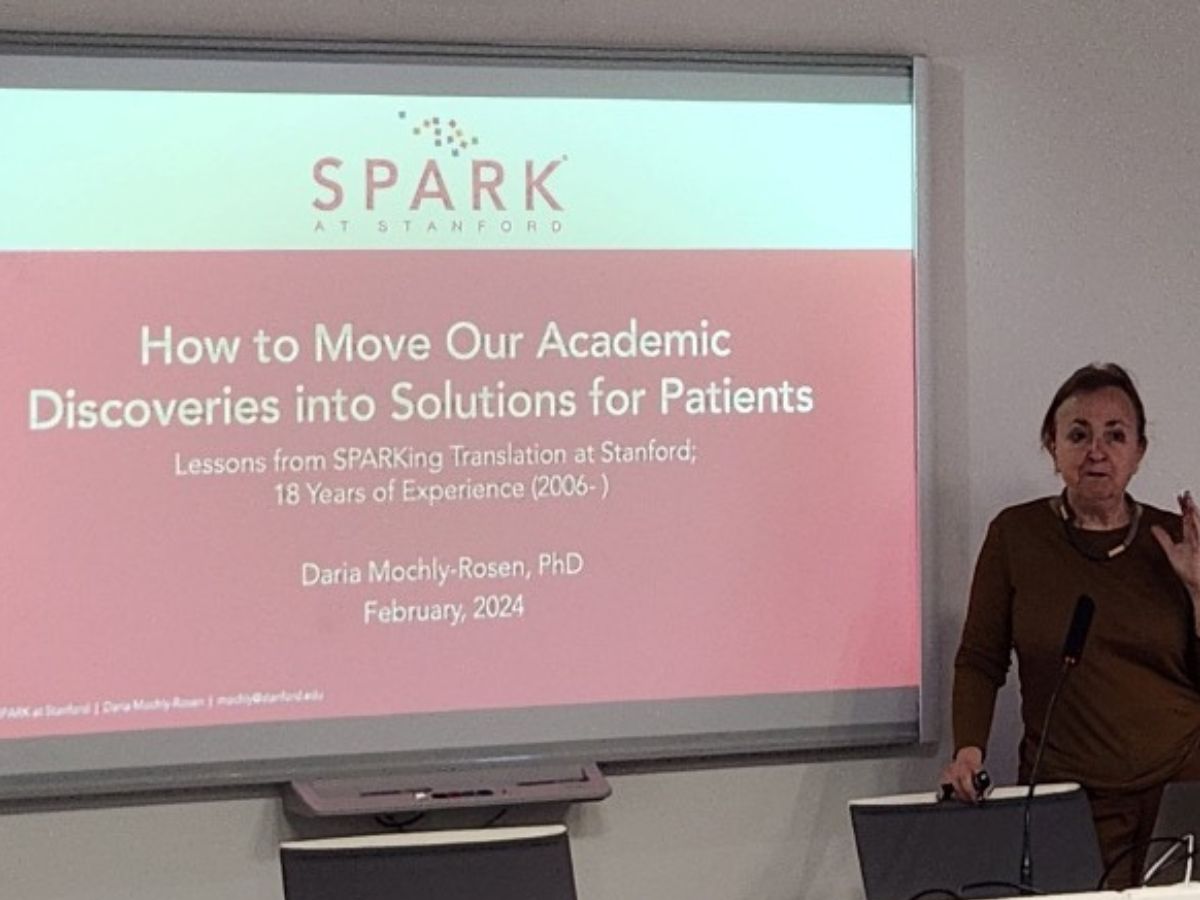Interview with Laura Cancedda, coordinator of the IIT research line “Brain Development and Disease”
Name: LauraSurname: CanceddaPlace of birth: Naples, ItalyRole: PI, Brain Development and Disease What does your research team do? We study neurodevelopment. How from neuronal progenitors you eventually get a fully functional adult brain. But we also study what goes wrong when neurodevelopmental disorders happen…and we also investigate ways to find new therapeutic approaches to treat brain disorders. For “treat” I mean, heal, ameliorate at least the main symptoms of neurodevelopmental disorders, even if we cannot cure them. When you were younger, was this the job you had in mind?I wanted to be a psychologist. Then, I am not sure what happened, but I did not go too far, I believe. I guess, to have greater chances with my knowledge on the brain to directly impact on people’s lives. When you do lab work, those chances still exist, but they are thinner. That time you would have wanted to drop everything and do something else:Well, many, many times. I believe always, until I was into few years from starting my carrier as an independent PI. “Publish or perish”. How does the pressure to publish influence your days and your professional choices?In two words: a lot. In a little more than two words: more when I started my own lab, and now less. When you start your own lab you need to gain visibility into the scientific community to show your new ideas, your standpoint and make your voice heard. You need funding agency to fund your research and believe in your ideas. After a while, the pressure gets lower, and you start to enjoy more and embark in more risky (but more rewarding) projects.When did you realise you were going in the right direction?Am I? Thanks for letting me know. I realized that I was going in some direction (and not in circles) when I published my first research article. A direction, not sure yet it is the right direction, though. And maybe it is better like this. What is your next goal?Trying to translate the knowledge that I have acquired during my years as a basic scientist into something that can be useful for people with brain disorders. What is the toughest aspect of your job?Having to work very long hours. When you start your own lab, is working always, all the time.Senior researchers necessarily have to deal with many bureaucratic aspects. Apparently, this aspect does not fit well with the research activity. How is that for you?I have to admit, I believe that it is part of the game. I believe that is part of being senior and part of leading a large research group. On the other hand, I do find it incredibly boring and distracting from what I like to do most, though. But I have fantastic administration assistants that help me a lot. A lot. Who would have to invest more in research compared to what it is done today?Everybody who have money. The State, banks, companies, but also private citizens.Research is not only an exercise for the mind, it can lead to increased knowledge, but also large profits. And those proficts should be than reinvested (at least in part) into more research. Do people talk about science outside the labs and the academic world? Well, nowadays, with the pandemic of Covid-19, it seems that everybody talks about science. This is good, because finally we learned how important is to invest in science, and it is bad because even non-scientists are giving their opinions disguised by experts.Who gave you the most important advice during your journey?My postdoc mentor. He told me to be patient because it takes a long time to understand a biological phenomenon. And most experiments that you design while trying to understand something will miserably fail. But when you understand that something, than all experiments that you perform will start to give you the expected results and everything will go smooth. What would you say to the younger you finishing his PhD?You are right in working so hard. But, enjoy the good better. And do not get scared when the bad arrives. By working hard things will work out, and then, it will be a lot of fun from many standpoints, even some that you would not expect. And nothing will be scary anymore. Is working in different countries essential for a researcher?I believe it is extremely useful. I would say essential from my experience. Nevertheless, I have to admit that I met people who did not work abroad, and still are wonderful scientists. You can improve one aspect of research in general. Which one would you choose?I would change the fact that negative results are seen as something not interesting, or even worse, something to hide. And the fact that sometimes scientists are very interested in making personal fights over seemingly opposite results, rather than trying to understand the underlying reasons for the discrepancies. Most of the time seemingly conflicting results have explanations. Science is a fact, and should not be taken as personal… but these are two (and not one) aspect of research that I would change.





